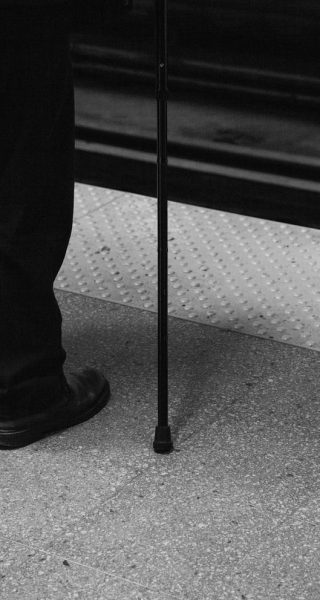Preventative Disability Management
A Lesson in Preventive Disability Management: How You Can Do Your Part


Early in my career I worked at the Worker’s Compensation Board, a large organization with more than a few hundred co-workers in my office alone. Christmas time was always very festive with many events, team lunches, parties, and office gatherings.
However, I recall one year when a co-worker stopped coming to work for some time in December. The departure was sudden, and somehow I just knew not to ask too many questions. There were whispers about the validity of her absence, her “stress leave,” and management just repeated, “we can’t talk about it.” I knew this woman well, I had interacted with her every day, yet I didn’t know how to respond to her absence from work. So I ignored it.
Over the holidays I distributed cards and well wishes to others at work, but I didn’t reach out to her. When she eventually returned to work, several months later, I was awkward and uncomfortable and never spoke about her time away from work.
Years later, after moving on in my career, I ran into her again. I asked her how her health was and she told me that she was struggling with depression. She also told me that she felt very lonely at work, like nobody there understood her, or even tried. She spoke about not being invited out or called by anyone from work when she was home, sick. I feel ashamed that I didn’t reach out to her back then.
We all have a role as co-workers, to care for each other in very basic ways; to pay attention and notice if someone leaves the workplace. While privacy rules prevent our employer from sharing another’s health details with us, we can still reach out as human beings. Here are few tips to be mindful of:
- Your contact with your coworker will be best received if it is genuine and you think about what you want to accomplish: letting that person know you noticed they are away and miss them, or want them to know you care.
- Keep the conversation or language positive and avoid asking for details. Asking for information puts the person on the spot and can lead to them feeling pressured with your contact. It will give the wrong message that you are just mining for information.
- Avoid any discussion of office politics or work stress. Many people who leave work for health reasons feel immense guilt about their coworkers having to pick up the slack. Your coworker needs to focus on getting well and guilt can get in the way.
- Consider asking your co-worker if and how he or she would like to stay in touch. Tell him or her that you would like to, but on their terms.
These small gestures can help show your ill coworkers that they are not forgotten, help them heal, and have a huge positive affect. Test it out this year, I guarantee you will feel good. Read more about disability management.
Diana Vissers is the Founder and Director of Corporate Services at Work to Wellness Rehabilitation Inc. – a Canadian company providing expert disability management services to Canadian customers. She is in the business of making your place of business healthy, safe and productive. Follower her on Facebook, LinkedIn and Twitter for the latest news and updates on health, wellness and integrated disability management.